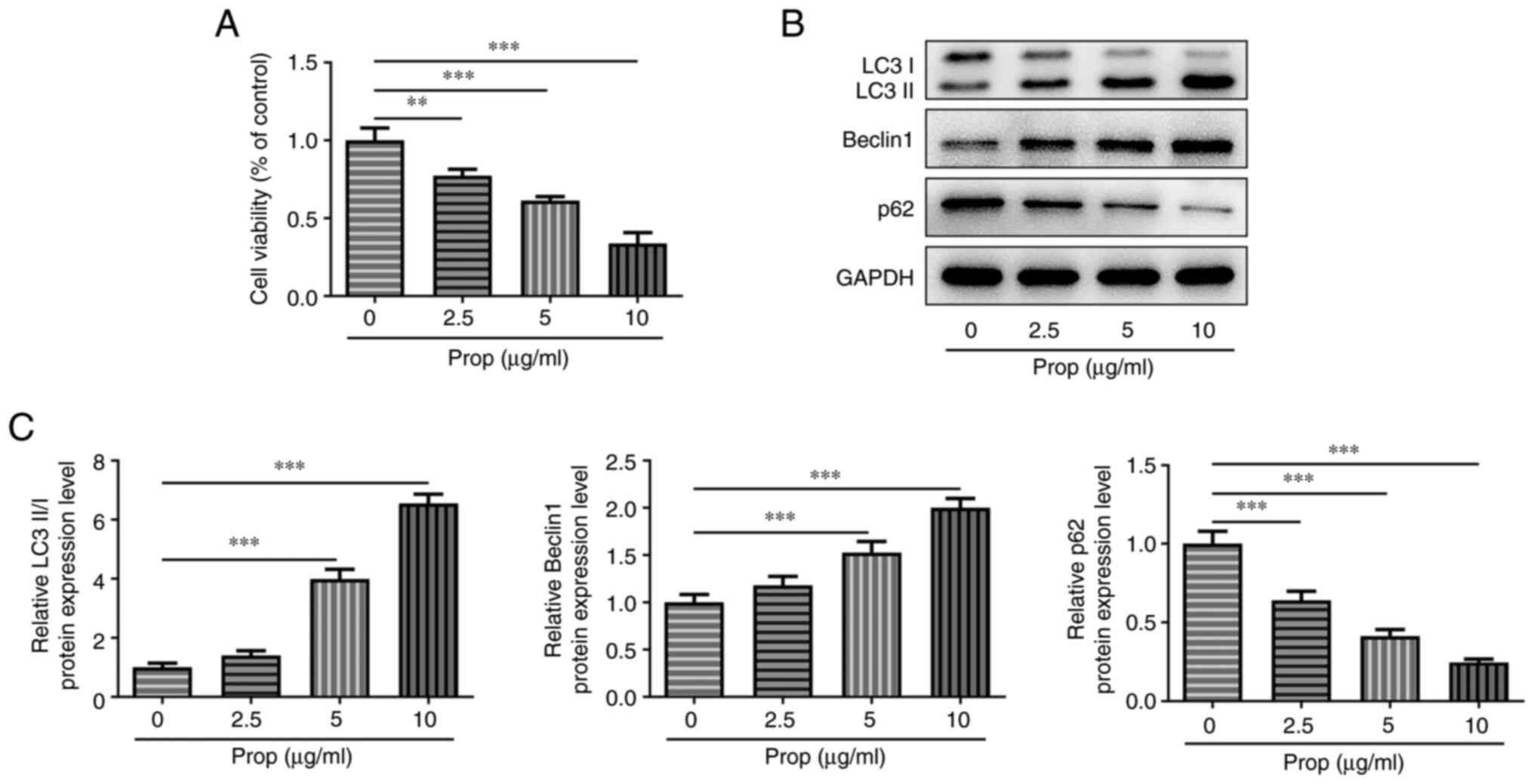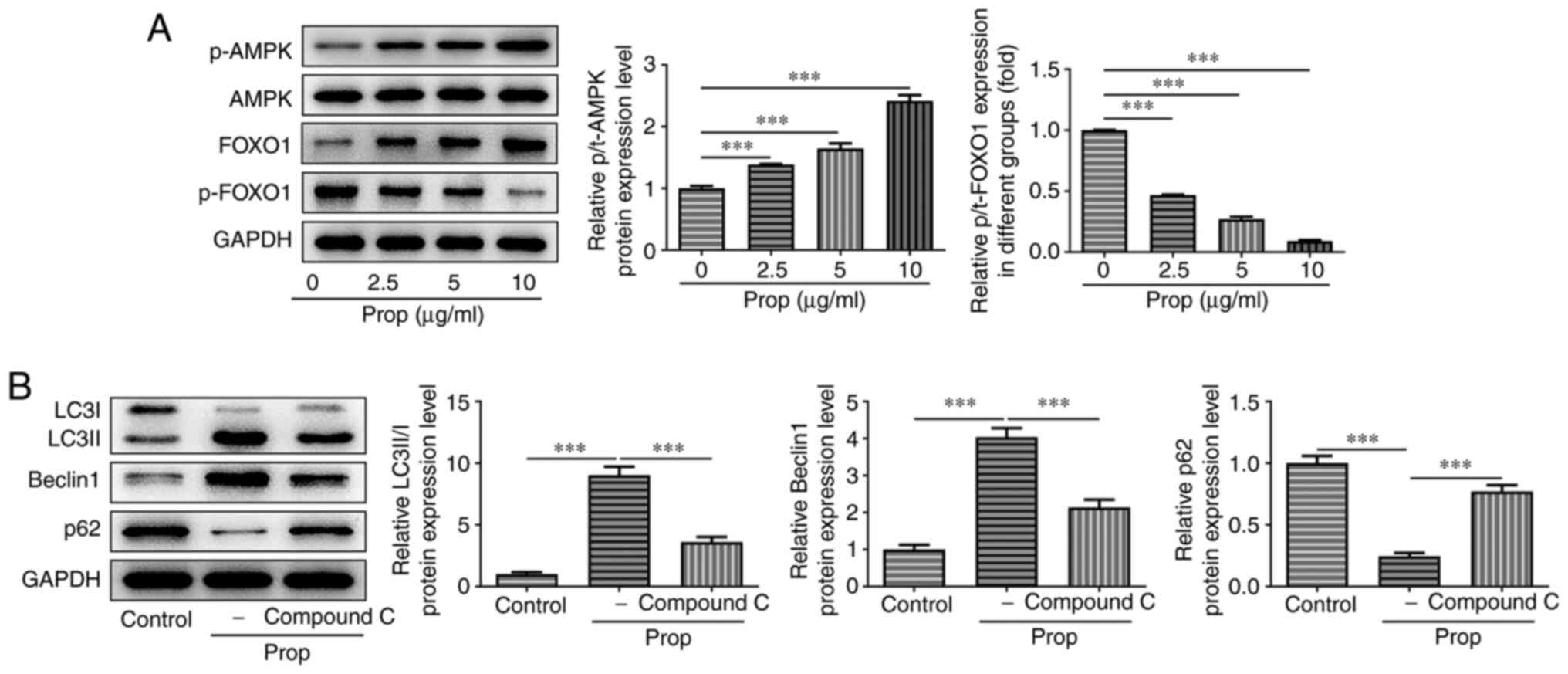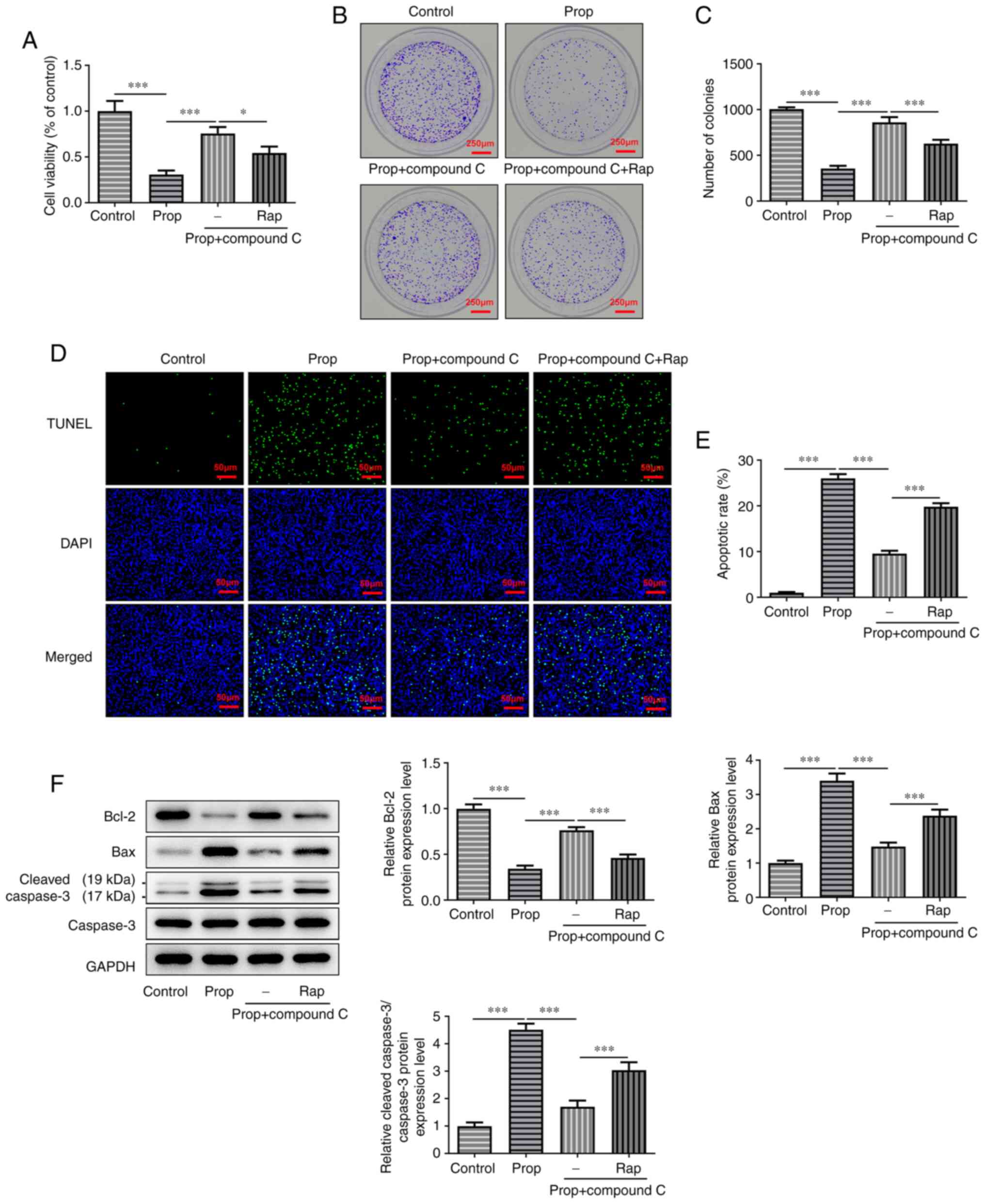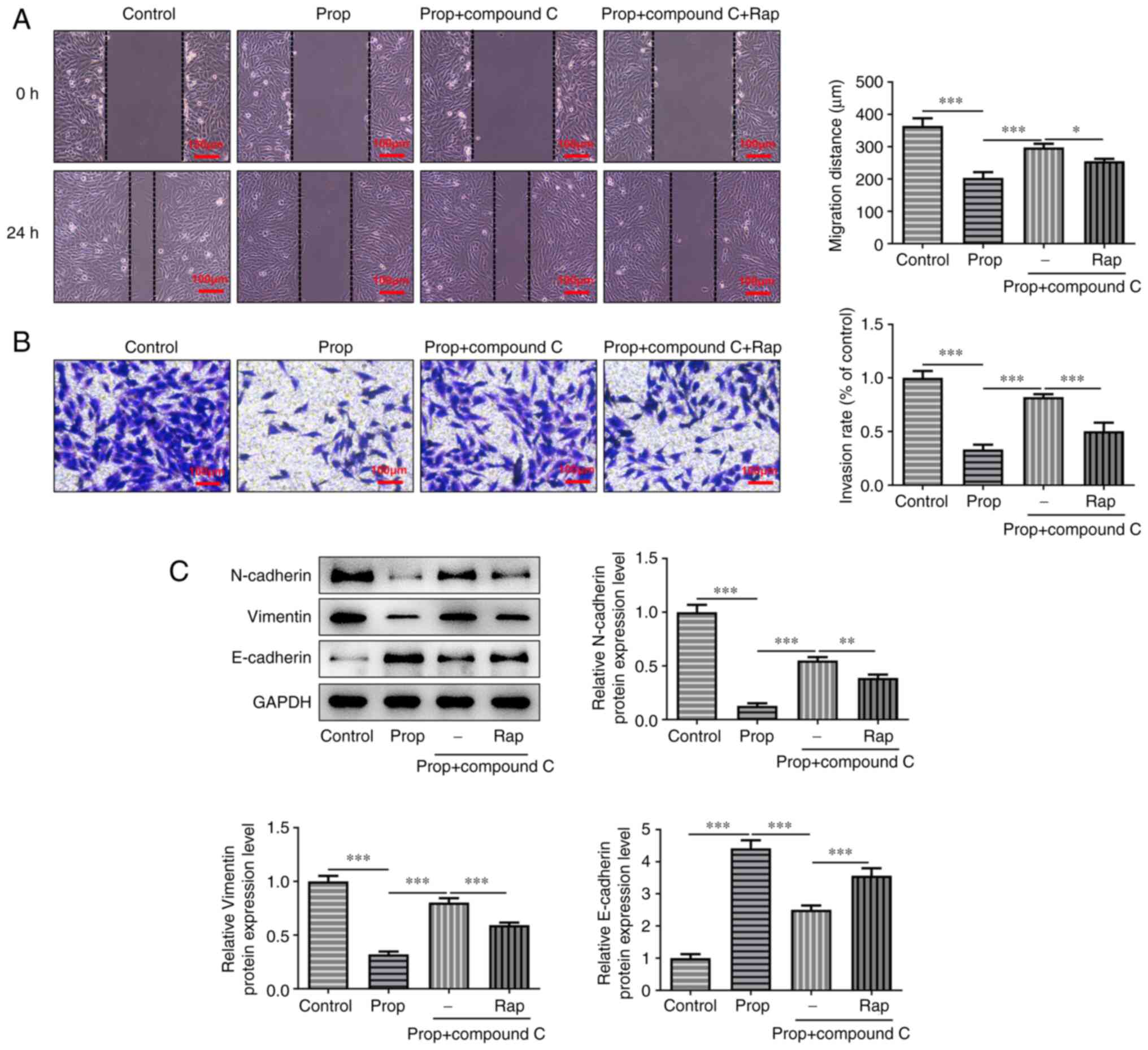|
1
|
Harrison DJ, Geller DS, Gill JD, Lewis VO
and Gorlick R: Current and future therapeutic approaches for
osteosarcoma. Expert Rev Anticancer Ther. 18:39–50. 2018.
View Article : Google Scholar : PubMed/NCBI
|
|
2
|
Eaton BR, Schwarz R, Vatner R, Yeh B,
Claude L, Indelicato DJ and Laack N: Osteosarcoma. Pediatr Blood
Cancer. 68 (Suppl 2):e283522021. View Article : Google Scholar : PubMed/NCBI
|
|
3
|
Corre I, Verrecchia F, Crenn V, Redini F
and Trichet V: The Osteosarcoma microenvironment: A complex but
targetable ecosystem. Cells. 9:9762020. View Article : Google Scholar
|
|
4
|
Meazza C and Scanagatta P: Metastatic
osteosarcoma: A challenging multidisciplinary treatment. Expert Rev
Anticancer Ther. 16:543–556. 2016. View Article : Google Scholar : PubMed/NCBI
|
|
5
|
Kager L, Tamamyan G and Bielack S: Novel
insights and therapeutic interventions for pediatric osteosarcoma.
Future Oncol. 13:357–368. 2017. View Article : Google Scholar
|
|
6
|
Wang S, Zhong L, Li Y, Xiao D, Zhang R,
Liao D, Lv D, Wang X, Wang J, Xie X, et al: Up-regulation of PCOLCE
by TWIST1 promotes metastasis in Osteosarcoma. Theranostics.
9:4342–4353. 2019. View Article : Google Scholar : PubMed/NCBI
|
|
7
|
Kurosawa S: Anesthesia in patients with
cancer disorders. Curr Opin Anaesthesiol. 25:376–384. 2012.
View Article : Google Scholar
|
|
8
|
Guerrero Orriach JL, Raigon Ponferrada A,
Malo Manso A, Herrera Imbroda B, Escalona Belmonte JJ, Ramirez
Aliaga M, Ramirez Fernandez A, Diaz Crespo J, Soriano Perez AM,
Fontaneda Heredia A, et al: Anesthesia in combination with propofol
increases disease-free survival in bladder cancer patients who
undergo radical tumor cystectomy as compared to inhalational
anesthetics and opiate-based analgesia. Oncology. 98:161–167.
2020.
. View Article : Google Scholar : PubMed/NCBI
|
|
9
|
Jun IJ, Jo JY, Kim JI, Chin JH, Kim WJ,
Kim HR, Lee EH and Choi IC: Impact of anesthetic agents on overall
and recurrence-free survival in patients undergoing esophageal
cancer surgery: A retrospective observational study. Sci Rep.
7:140202017. View Article : Google Scholar : PubMed/NCBI
|
|
10
|
Sahinovic MM, Struys MMRF and Absalom AR:
Clinical pharmacokinetics and pharmacodynamics of propofol. Clin
Pharmacokinet. 57:1539–1558. 2018. View Article : Google Scholar
|
|
11
|
Xu Y, Pan S, Jiang W, Xue F and Zhu X:
Effects of propofol on the development of cancer in humans. Cell
Prolif. 53:e128672020. View Article : Google Scholar : PubMed/NCBI
|
|
12
|
Li R, Liu H, Dilger JP and Lin J: Effect
of propofol on breast cancer cell, the immune system, and patient
outcome. BMC Anesthesiol. 18:772018. View Article : Google Scholar
|
|
13
|
Li H, Lu Y, Pang Y, Li M, Cheng X and Chen
J: Propofol enhances the cisplatin-induced apoptosis on cervical
cancer cells via EGFR/JAK2/STAT3 pathway. Biomed Pharmacother.
86:324–333. 2017. View Article : Google Scholar : PubMed/NCBI
|
|
14
|
Xu W, Zheng J, Bie S, Kang L, Mao Q, Liu
W, Guo J, Lu J and Xia R: Propofol inhibits Wnt signaling and
exerts anticancer activity in glioma cells. Oncol Lett. 16:402–408.
2018.
|
|
15
|
Huang YH, Wu ZF, Lee MS, Lou YS, Wu KL,
Cheng KI and Lai HC: Propofol-based total intravenous anesthesia is
associated with better survival than desflurane anesthesia in
glioblastoma surgery. PLoS One. 16:e02556272021. View Article : Google Scholar : PubMed/NCBI
|
|
16
|
Cata JP and Forget P: Paravertebral block
with propofol anaesthesia does not improve survival compared with
sevoflurane anaesthesia for breast cancer surgery: Independent
discussion of a randomised controlled trial. Br J Anaesth.
124:19–24. 2020. View Article : Google Scholar : PubMed/NCBI
|
|
17
|
Farooqi AA, Adylova A, Sabitaliyevich UY,
Attar R, Sohail MI and Yilmaz S: Recent updates on true potential
of an anesthetic agent as a regulator of cell signaling pathways
and non-coding RNAs in different cancers: Focusing on the brighter
side of propofol. Gene. 737:1444522020. View Article : Google Scholar : PubMed/NCBI
|
|
18
|
Peng X, Li C, Yu W, Liu S, Cong Y, Fan G
and Qi S: Propofol attenuates hypoxia-induced inflammation in BV2
microglia by inhibiting oxidative stress and NF-κB/Hif-1α
signaling. Biomed Res Int. 2020:89787042020. View Article : Google Scholar
|
|
19
|
Yan HJ, Qi GQ and Ma Y: Effect of propofol
on myocardial ischemia-reperfusion injury through MAPK/ERK pathway.
Eur Rev Med Pharmacol Sci. 23:11051–11061. 2019.
|
|
20
|
Gao X, Mi Y, Guo N, Luan J, Xu H, Hu Z,
Wang N, Zhang D, Gou X and Xu L: The mechanism of propofol in
cancer development: An updated review. Asia Pac J Clin Oncol.
16:e3–e11. 2020. View Article : Google Scholar
|
|
21
|
Xu YB, Jiang W, Zhao FR, Li G, Du QH,
Zhang MY and Guo XG: Propofol suppresses invasion and induces
apoptosis of osteosarcoma cell in vitro via downregulation of
TGF-β1 expression. Eur Rev Med Pharmacol Sci. 20:1430–1435.
2016.
|
|
22
|
Huang X, Liu J and Xie H: Propofol
suppresses osteosarcoma cell function by regulating FOXO1/TUSC7. J
Pharm Pharmacol. 73:720–725. 2021. View Article : Google Scholar
|
|
23
|
Yun CW and Lee SH: The roles of autophagy
in cancer. Int J Mol Sci. 19:34662018. View Article : Google Scholar
|
|
24
|
Lin YC, Chen HY, Hsieh CP, Huang YF and
Chang IL: Betulin inhibits mTOR and induces autophagy to promote
apoptosis in human osteosarcoma cell lines. Environ Toxicol.
35:879–887. 2020. View Article : Google Scholar
|
|
25
|
Guo YN and Ma X: The effects of propofol
on autophagy. DNA Cell Biol. 39:197–209. 2020. View Article : Google Scholar
|
|
26
|
Li F, Li F and Chen W: Propofol inhibits
cell proliferation, migration, and invasion via
mir-410-3p/transforming growth factor-β receptor type 2 (TGFBR2)
Axis in glioma. Med Sci Monit. 26:e9195232020.
|
|
27
|
Sun H and Gao D: Propofol suppresses
growth, migration and invasion of A549 cells by down-regulation of
miR-372. BMC Cancer. 18:12522018. View Article : Google Scholar : PubMed/NCBI
|
|
28
|
Ye Z, Jingzhong L, Yangbo L, Lei C and
Jiandong Y: Propofol inhibits proliferation and invasion of
osteosarcoma cells by regulation of microRNA-143 expression. Oncol
Res. 21:201–207. 2013. View Article : Google Scholar : PubMed/NCBI
|
|
29
|
Kansara M, Teng MW, Smyth MJ and Thomas
DM: Translational biology of osteosarcoma. Nat Rev Cancer.
14:722–735. 2014. View
Article : Google Scholar : PubMed/NCBI
|
|
30
|
Lilienthal I and Herold N: Targeting
molecular mechanisms underlying treatment efficacy and resistance
in osteosarcoma: A review of current and future strategies. Int J
Mol Sci. 21:68852020. View Article : Google Scholar
|
|
31
|
Zheng X, Wang Y, Dong L, Zhao S, Wang L,
Chen H, Xu Y and Wang G: Effects of propofol-based total
intravenous anesthesia on gastric cancer: A retrospective study.
Onco Targets Ther. 11:1141–1148. 2018. View Article : Google Scholar : PubMed/NCBI
|
|
32
|
Wu ZF, Lee MS, Wong CS, Lu CH, Huang YS,
Lin KT, Lou YS, Lin C, Chang YC and Lai HC: Propofol-based total
intravenous anesthesia is associated with better survival than
desflurane anesthesia in colon cancer surgery. Anesthesiology.
129:932–941. 2018. View Article : Google Scholar : PubMed/NCBI
|
|
33
|
Wu X, Liu JM, Song HH, Yang QK, Ying H,
Tong WL, Zhou Y and Liu ZL: Aurora-B knockdown inhibits
osteosarcoma metastasis by inducing autophagy via the mTOR/ULK1
pathway. Cancer Cell Int. 20:5752020. View Article : Google Scholar
|
|
34
|
Sun B, Ou H, Ren F, Huan Y, Zhong T, Gao M
and Cai H: Propofol inhibited autophagy through
Ca2+/CaMKKβ/AMPK/mTOR pathway in OGD/R-induced neuron
injury. Mol Med. 24:582018. View Article : Google Scholar : PubMed/NCBI
|
|
35
|
Wang Y, Xu B, Zhou J and Wu X: Propofol
activates AMPK to inhibit the growth of HepG2 cells in vitro and
hepatocarcinogenesis in xenograft mouse tumor models by inducing
autophagy. J Gastrointest Oncol. 11:1322–1332. 2020. View Article : Google Scholar
|
|
36
|
Zhang YF, Li CS, Zhou Y and Lu XH:
Propofol facilitates cisplatin sensitivity via lncRNA
MALAT1/miR-30e/ATG5 axis through suppressing autophagy in gastric
cancer. Life Sci. 244:1172802020. View Article : Google Scholar
|
|
37
|
Zhao Y, Yang J, Liao W, Liu X, Zhang H,
Wang S, Wang D, Feng J, Yu L and Zhu WG: Cytosolic FoxO1 is
essential for the induction of autophagy and tumour suppressor
activity. Nat Cell Biol. 12:665–675. 2010. View Article : Google Scholar
|
|
38
|
Zhao Y, Li X, Cai MY, Ma K, Yang J, Zhou
J, Fu W, Wei FZ, Wang L, Xie D and Zhu WG: XBP-1u suppresses
autophagy by promoting the degradation of FoxO1 in cancer cells.
Cell Res. 23:491–507. 2013. View Article : Google Scholar : PubMed/NCBI
|
|
39
|
Bai Y, Chen Y, Chen X, Jiang J, Wang X,
Wang L, Wang J, Zhang J and Gao L: Trichostatin A activates FOXO1
and induces autophagy in osteosarcoma. Arch Med Sci. 15:204–213.
2019. View Article : Google Scholar
|
|
40
|
Chen X, Li K and Zhao G: Propofol Inhibits
HeLa cells by impairing autophagic flux via AMP-Activated protein
kinase (AMPK) activation and endoplasmic reticulum stress regulated
by calcium. Med Sci Monit. 24:2339–2349. 2018. View Article : Google Scholar
|


















